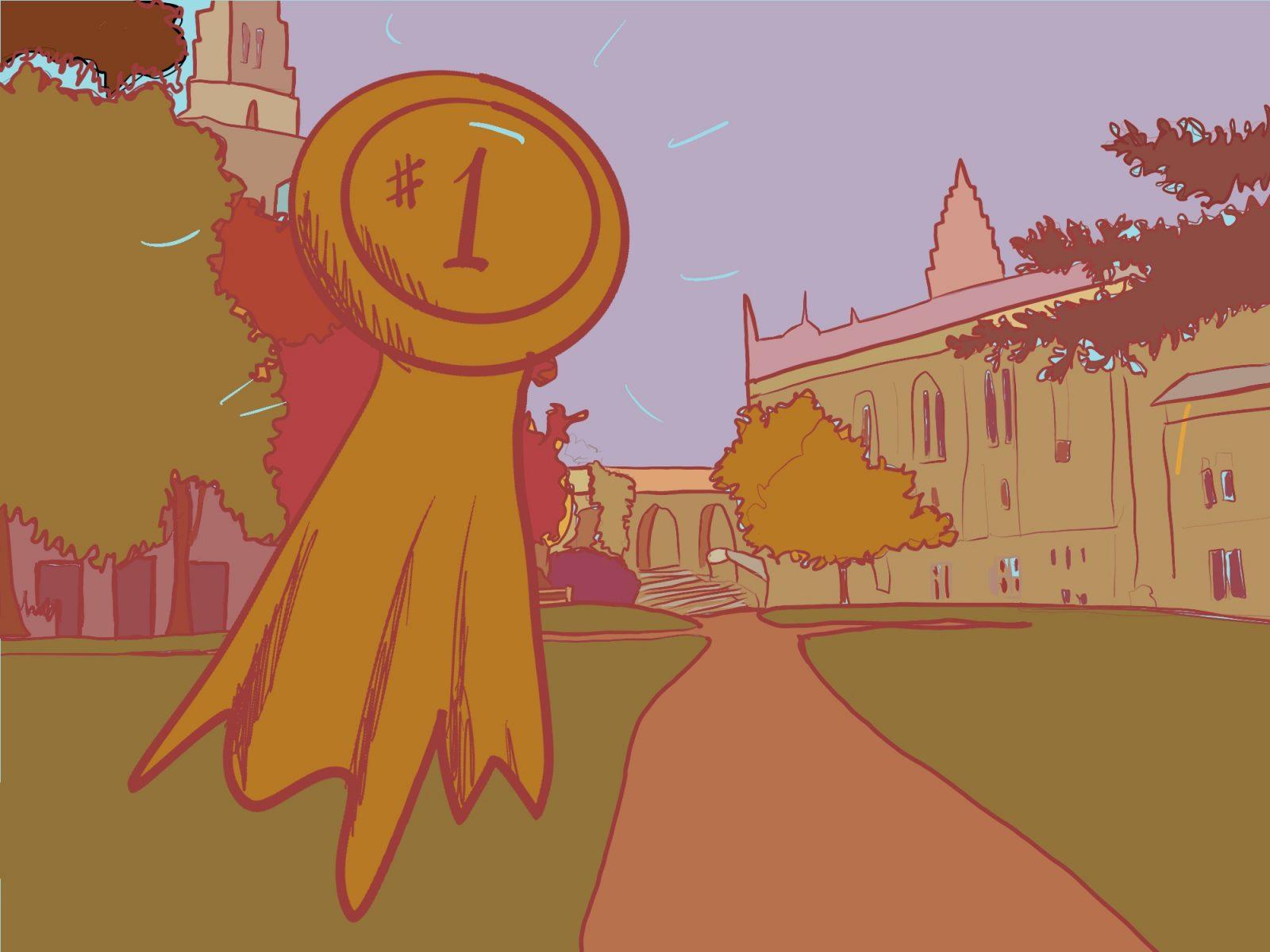Time recently published a profile on tech entrepreneur Bryan Johnson, who once acquired Venmo, but their depiction of him had very little to do with his business exploits. No, Johnson is occupied — no, obsessed — with a new calling: living forever.
Johnson is far from the first person in history to desire immortality. It’s been a pursuit of the rich for a very, very long time.

Thousands of years ago, the Egyptian pharaohs achieved eternal afterlife through elaborate preservation techniques and were given all their worldly possessions to take with them.
In 2023, this modern 46-year-old pursues youth by trying to reduce his physical age to that of an 18-year-old. He believes that ingesting 111 pills a day and wearing a device on his penis that measures his nighttime erections will help him reach those goals (he has yet to achieve the virility of an 18-year-old, unfortunately).
Johnson’s regimen is fueled by his ability to pour the money he’s accumulated into an impossible, dystopian-sounding lifestyle. You and I would probably recoil at giving up all of our favorite foods for green juices and killing our impulses to do things that might jeopardize our health, but that is exactly what he has done.
But there is stigma when it comes to showing signs of age. To many, gray hair is a nuisance that needs to be dyed away. Companies advertise facial creams and serums that soften the lines around your eyes, as if signs of happiness are something to be ashamed of. If you have the money, you could use injections and surgeries to de-age your face by decades.
It all comes down to some seemingly innate human desire to fear death and aging. If we had wealth like Bryan Johnson, how far would we go to thwart signs of deterioration?
Many of us already spend our money on deceased loved ones to preserve them for viewing purposes during funeral services. For some, the cost for those procedures can skyrocket, especially when dubious practices price gouge individuals at the lowest points in their lives.
The median price of a viewing and burial in 2021 was $7,848 and cremation was not much lower. Even in death, people attempt to protect a specific image of a loved one in their head because it’s the last one they’ll get to see. It’s an understandable, albeit expensive, desire.
On the surface, Johnson is not particularly relatable to an average person, but at some level, we are all looking to find fulfillment. For Johnson, he derives satisfaction from a lifestyle he believes is preventing him from dying. Most of us have goals and aspirations that we’d like to achieve before passing on. Nobody wishes to die unfulfilled. That is why he — and many people who would scoff at the idea of immortality — fears death.
Society demands that you constantly do more with your life — it’s natural to feel like you aren’t doing enough when it seems like everyone around you is climbing the ladder of success or the ladder of adulthood by getting married and having kids.
We are encouraged to accrue wealth, sometimes to the point of obsession. In a society that focuses so much on numbers, there is no end to where numbers can go. The more you gain, the more you have to lose.
There is always the expectation of a “next step” in life, but what happens when you die? No one truly knows the answer. The idea of everything you have achieved being taken from you is terrifying. What do you do when there are no next steps?
Well, the answer will be different for everybody. But at its core, there must be something in life that provides meaning at every stage. Perhaps seeing the world, or trying new foods or seeing a new show gives life its meaning. But it could just be laughing with the ones you love, listening to music that brings you peace or eating an old comfort meal that you had forgotten about.
That could be the difference between being truly happy and believing that you will be happy by having more. You can be satisfied with having enough, but you will never feel satisfied by having more.

























































































































